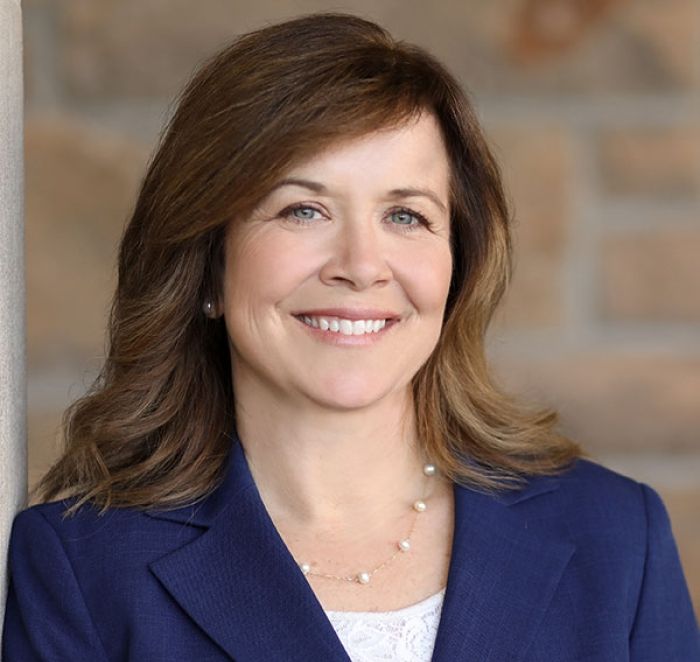Dean Ouellette in Geneva: U.N. Hosts Leading Experts in Bioethics and Disability
Discussions to Inform Special Rapporteur’s Report to U.N. Human Rights Council

A global group of experts and scholars convened in Geneva, Switzerland, in September to tackle some of humanity’s most difficult questions—and Albany Law School President and Dean Alicia Ouellette was among them, making an impact on the world stage.
Dean Ouellette was invited by the United Nations Special Rapporteur on the Rights of Persons with Disabilities, Catalina Devandas Aguilar, to participate in the Expert Group Meeting on bioethics and disability. Dean Ouellette, author of BIOETHICS AND DISABILITY: TOWARD A DISABILITY CONSCIOUS BIOETHICS (Cambridge University Press, 2011), came to Devandas’ attention through her book.
“The first session really focused on the question central to my book: why tension exists where bioethics and disability-related issues overlap,” she said. “Bioethics frames discourse and policy around medical technology and clinical decision making—especially regarding difficult issues like physician aid in dying, genetic selection of embryos, ending treatment for terminally ill infants, and body modification involving children with disabilities. Yet bioethics often doesn’t consider the disability perspective. Why do disability rights experts and bioethicists look at the same questions so differently?”
The group of 16 panelists—many of whom live with a disability themselves—dug deep into those issues over the course of two 16-hour days, September 16 and 17, at the Office of the United Nations High Commission for Human Rights at the Palais Wilson in Geneva.
“These are the leading experts on disability from around the world; I know their work and have relied on it in my scholarship,” Dean Ouellette said. “It was an honor to be a part of that group and to learn from them. Everyone brought their own individual perspectives to help guide the Special Rapporteur.”

Devandas has been charged with writing a report on how the Convention on the Rights of Persons with Disabilities (CRPD), adopted by the U.N. in 2006 and in effect since 2008, should be applied in the medical arena. The discussions in Geneva will inform Devandas’ report, which will be presented to the U.N. Human Rights Council in 2020.
“The report could be very impactful—it could shape international law and customs,” Dean Ouellette said. “This process has been used to develop others reports that have been adopted, and every country that ratifies a convention is then bound to follow that law.” For example, since the CRPD was signed, it has been ratified by 168 countries and the European Union and has caused a sea change in how people with disabilities are perceived and treated.
“The convention recognizes the inherent dignity of every individual and asks us to make sure that people with disabilities have a voice in decisions that have to do with them, as well as consider the disability perspective in these complex legal and medical cases,” Dean Ouellette explained.
An important goal of this Expert Group Meeting was to clarify the purpose of the CRPD as it relates to bioethics.
“Bioethicists tend to favor new technologies and using them to advance what they see as health, but there is common ground with the disability community, which understands that there can be very high quality of life with disability, and that disability actually adds to human diversity,” she said. “We need to include both perspectives as a matter of fairness, equity, and inclusion.”
Devandas, a lawyer and human rights expert from Costa Rica, plans to be in touch with the panelists as she reaches her conclusions—based on their expert testimony—about decisions at the beginning and end of life; recommendations regarding children with disabilities and body modification at the behest of their parents; and how to address a medical community that views disability as something to be cured or fixed. Dean Ouellette stated, “I’m sure there will be continuing discussions around the report, and lines may be drawn.”
There will certainly be future collaborations among the panelists, said Dean Ouellette, who is working on an article addressing the ability of people with disabilities to participate in human subject research—a topic very much informed by the discussions in Geneva.
“Studies on cancer treatments, diabetes, and other conditions that affect people with and without disabilities exclude people with disabilities,” she said. “There’s a human rights issue and an equality issue there.”





